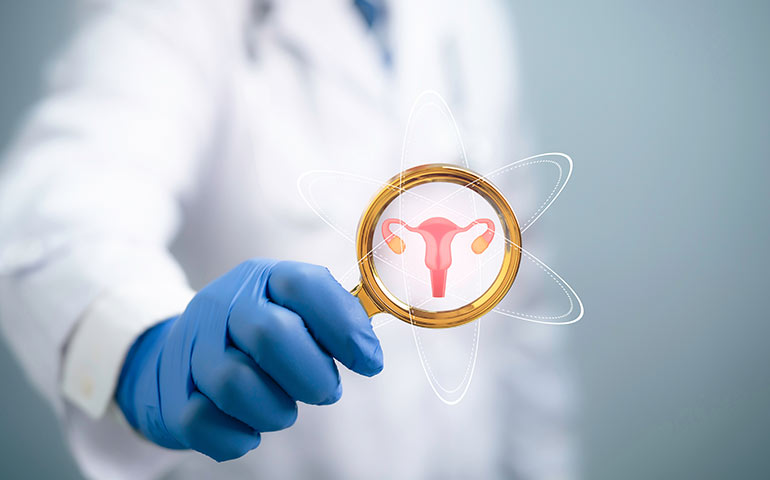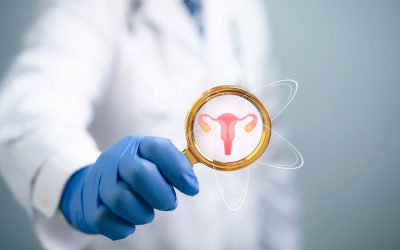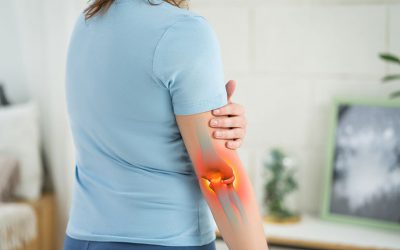The SWAN Seven Score risk tool assesses older women’s risk for major problems 10 years out
Pittsburgh, October 04, 2023 – Research yielding a prototype tool for predicting risk for significant decline in future health for women ages 55-65 developed by the Study of Women’s Health Across the Nation (SWAN) has been published in the British medical journal BMJ Open.
The prototype is based on a scoring system proven to be the first known method to predict health and physical function up to a decade in advance for women in the midlife when problems tend to accelerate, said lead author of the study Daniel H. Solomon, MD, MPH, of Brigham and Women’s Hospital and professor at Harvard Medical School.
The ability to predict who is at risk of significant health problems can facilitate early medical interventions and encourage patients to take preventive steps. The result is a first-of-its kind methodology in terms of breadth of scope.
SWAN researchers hope to apply the new methodology in coming months to developing an online calculator accessible first to healthcare providers to use with patients and ultimately to the public.
“There are other widely used risk scores for specific diseases, but this is the first one to predict risk of global health issues for any woman age 55 to 65,” said Solomon.
The SWAN Seven Score system evaluates seven risk factors using information readily available from self-reported questionnaires and medical records. Researchers say health providers can employ the tool to advise patients of their individualized risk of significant health decline 10 years in advance, using four levels of risk, from very low to very high.
“If I just tell a patient she should try this medicine for osteoporosis, that may not be a strong enough lever to motivate change,” said Solomon of the risk score’s importance. “But when I can say, ‘Using this risk score, there is a high likelihood that in a decade you are not going to be functioning anywhere near where you are today,’ that frames the issue in a way that is much more motivating.”
The SWAN Seven Score’s seven risk factors are: lower educational attainment, smoking, higher body mass index, history of cardiovascular disease, history of osteoarthritis, depressive symptoms, and baseline physical component summary (PCS). PCS is derived from a 36-question overall health assessment survey (SF-36), which considers comprehensive health.
The risk score was first devised using data from 1,084 women in the SWAN study, then validated further by applying it to 2,535 women in the Women’s Health Initiative (WHI) study. Both are longitudinal, multi-site studies that involve women of different races, cultures, health conditions, and socioeconomic backgrounds.
The study initially evaluated the women within three years of age 55 using the risk score’s factors, then re-evaluated them 10 years later. The consistent results from both SWAN and WHI groups validated the accuracy of the SWAN Seven Score.
The SWAN Seven Score for risk does not focus on a specific possible negative health concern, as for example the Framingham risk score for cardiovascular disease does. However, SWAN’s broader risk score signals to the health provider and patient future risks of overall health decline and gives some ideas on what specific preventive measures a woman can take to lower her risks.
“This is an evidence-based intervention that can motivate a person to change behavior, and for each person that necessary change might be different,” said Solomon. “For one woman, that might be weight loss and exercise, for others it might be to take medicines consistently, or deciding to go on a medicine for osteoporosis. It will be customized for each person.”
Solomon said future research may enable expansion of the SWAN Seven Score tool to women of other ages, and the researchers hope to explore whether the risk score works for men as well. The information from the current study can also be used in further studies to hone in on better interventions based on the risk score.
About SWAN: Study of Women’s Health Across the Nation
The Study of Women’s Health Across the Nation (SWAN) began in 1994 and is a pioneering longitudinal, multi-site study into the menopause transition and women’s health. Its wealth of findings propels the development of medical interventions and educational programs for women in their midlife and older, including information about cardiovascular disease, hot flashes, mental health, cognitive function, and more. SWAN is co-sponsored by the National Institute on Aging (NIA), the National Institute of Nursing Research (NINR), the National Institutes of Health (NIH), Office of Research on Women’s Health, and the National Center for Complementary and Alternative Medicine. For more information about SWAN, visit www.swanstudy.org.
For more information about this study’s primary investigator, Daniel H. Solomon, MD, MPH, visit his bio on the Brigham and Women’s Hospital website.










